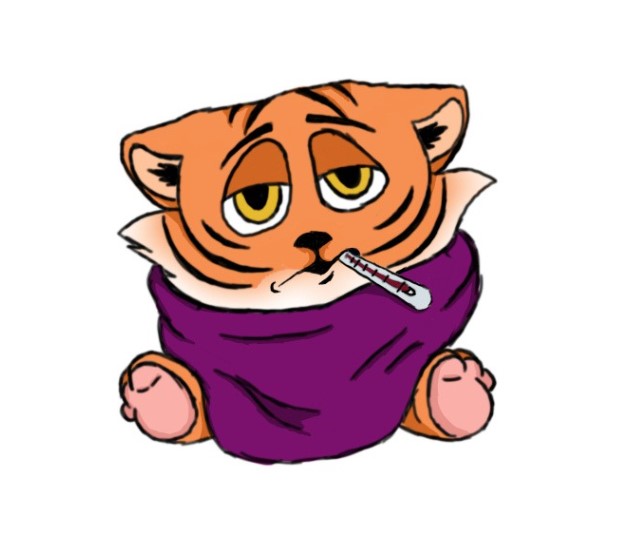As the passing bell rings, EHS students flock to the halls. Whether they are rushing to get to their next class or talking to their friends, the halls at EHS are always crowded. But recently, the hallways have been crowded with something unseeable: pneumonia.
Pneumonia is an infection that can affect one or both the lungs, and it causes the air sacs of the lungs to build up with fluid.
According to the National Heart, Lung and Blood Institute, the severity of pneumonia ranges based on the person’s age and where they received it from. But if you think you have symptoms, you should avoid crowds and seek medical treatment.
“Students might experience a fever, a persistent cough, fatigue and difficulty breathing,” nurse Liz Kinney said.
While the cause of the recent rise of pneumonia is still unclear, it has quickly spread through EHS.
“It spreads everywhere during the winter months. Kids are tucked in together in close proximity all day and in high school kids may not cover their mouths when sneezing or coughing. This causes the bacteria to spread more,” Kinney said.
Nurse Kinney notes that even walking into someone’s cough or touching a door handle that someone who has been sick has touched can transmit the bacteria of pneumonia.
According to Kinney, the specific type of pneumonia spreading through the halls is called mycoplasma pneumoniae. But this strand hasn’t only been thriving in EHS. According to the CDC, there has been an increase this winter season in pneumonia among younger kids.
“Pneumonia, specifically mycoplasma pneumoniae, is a bacteria that spreads through coughing, and you will need an antibody to treat it,” Kinney said.
For senior Jayden Henschen, who recently had pneumonia, getting sick has meant falling behind in her classes.
“Missing so much school is overwhelming, I’m behind on notes and having to make up assignments,” Henschen said.
Henschen explains that the best way to prevent getting sick is to take care of your body. She credits her stress over schoolwork to how she got sick.
“Don’t overwork yourself. Not getting enough sleep and stressing about schoolwork is only going to weaken your immune system,” Henschen said.
Henschen, Kinney and the CDC highly recommend seeing a doctor as soon as possible if you think you have symptoms.


